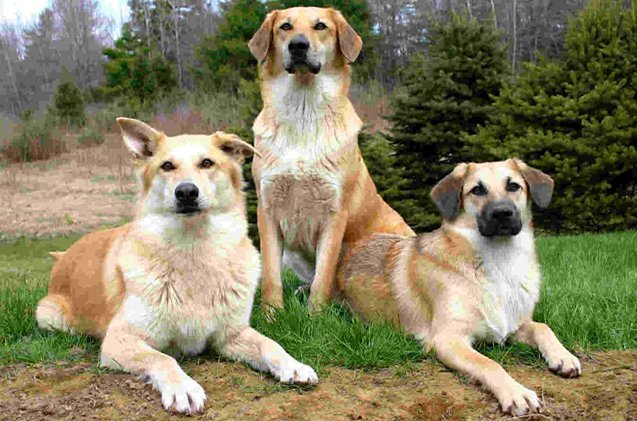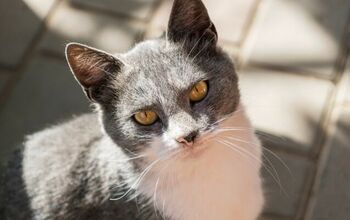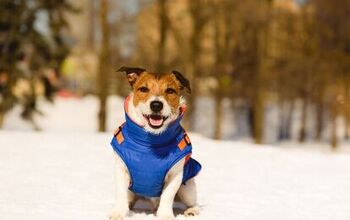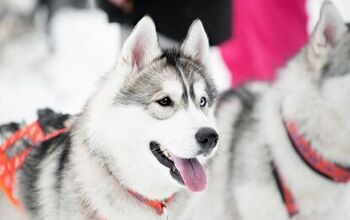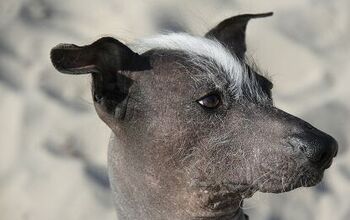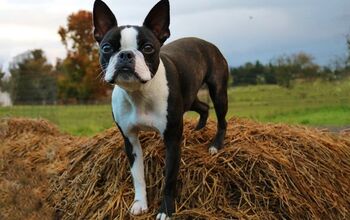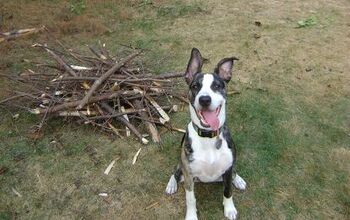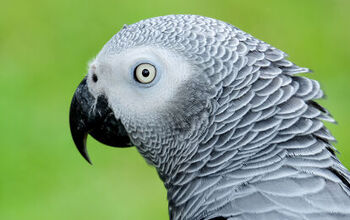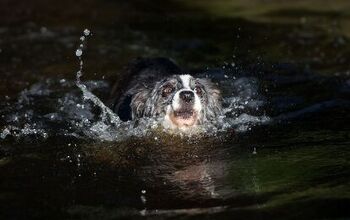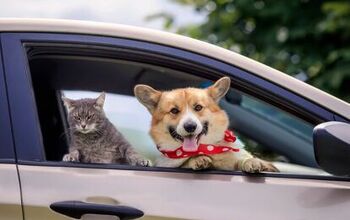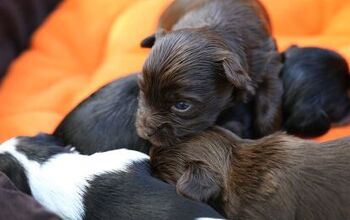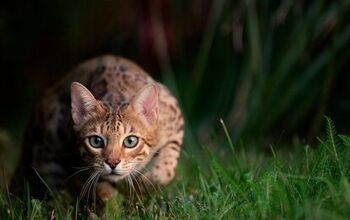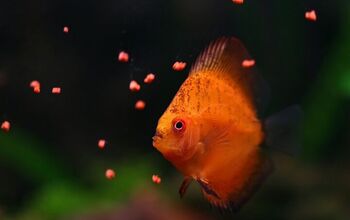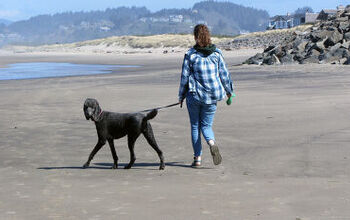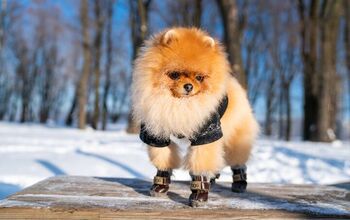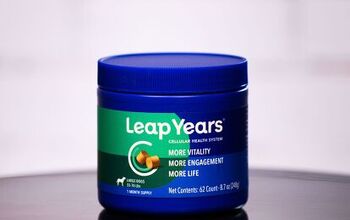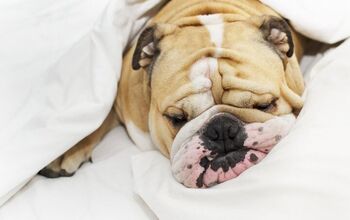Chinook


About Chinook
A true working dog, the Chinook is strong physically and mentally. He is an intelligent fellow who does everything he can with his vocal chords to communicate with his humans. Several breed fanciers believe that they can actually communicate with each other, once the owner understands the dog’s tone. If true human and canine communication can occur, this vocal dog is bound to be the one to start up a conversation.
The Chinook is athletic however; if you’re looking for a companion to play fetch, he is not the right choice. He will be much happier going for a morning hike in the woods or an evening run through the park. This breed is not aggressive nor is a good watchdog; he would more likely help a robber carry out your silver than bark a warning, let alone bite. To learn more about the Chinook, please keep reading.
A true working dog, the Chinook is strong physically and mentally.
Originating in the United States in the 1900s, the Chinook was bred for his strength and drive as a sled dog. Although still able to pull heavy loads, the Chinook is usually found hiking with his family or napping by the fireplace.
The Chinook was developed by breeding a female Greenwood Husky to a male Mastiff mix. This breeding created three tawny-colored pups; one of which was kept by Walden and named Chinook. He was an incredible sled dog who turned out to be the foundation of all the Chinooks recognized today.
Walden began breeding Chinook to smaller and faster females that were refined in appearance. This produced lighter and quicker dogs but distemper swept through his kennel, leaving only Chinook alive. Chinook later died while leading Admiral Byrd’s expedition to Antarctica. A neighbor of Walden’s began a breeding regimen with three dogs that she had acquired from him. In 1940, the neighbor’s 20 dogs were sold to the Perrys. They were instrumental to the continuation of this wonderful dog breed.
High-quality, dry kibble is needed to keep a Chinook in tip-top condition. He is athletic so his food should be formulated for active dogs. This breed should not be fed a diet of wet food as it can cause dental problems such as gum disease, tooth decay and malodorous breath.
Chinooks are incredibly intelligent dogs and rather quick to learn.
Chinooks are incredibly intelligent dogs and rather quick to learn. They can be a bit pushy so regular and repetitive training sessions are needed. Chinooks can be very clever and they will expect to get plenty of tasty treats during training sessions. This breed can excel in many of the dog sports including obedience. They have the ability to become tremendous therapy dogs and service dogs as well.
The average Chinook should weigh between 55 and 70 pounds.
The Chinook has an even temperament and is gentle and loving. Because they are mellow and patient, they are great with children as well as disabled people. There isn’t an aggressive bone in their bodies and are not candidates for being watchdogs or protectors however; the Chinook’s size can scare off potential burglars.
This breed is not known to be a barker though they do thoroughly enjoy digging. The Chinook will have your backyard looking like it was invaded by a group of giant rabbits. The holes will be large and deep enough to install a formidably sized bush! He desires constant companionship from his active family and does not do well when he is left alone for prolonged periods of time.
For the most part, Chinooks are pretty healthy dogs. They are prone to certain afflictions such as Cataracts, Seizures and Hip Dysplasia. Skin allergies have also been known to occur within the breed.
The average Chinook usually lives to be between 12 and 15 years of age.
Every dog requires some form of exercise but the Chinook is a breed that craves it. He’ll never run around the backyard catching and bringing back balls or Frisbees but he’ll be a ready, willing and able jogging buddy or hiking companion. This dog will gladly stroll through the neighborhood with you on the other end of the leash or hop in the car for a trip to the pet store. With this being said, he will be thrilled to pull your kids’ sleds through the snow in the winter and do so exuberantly. He’ll even pull them around in their wagons in the summer. It’s simply that he was not born to retrieve things and few Chinooks enjoy that tedious task.
After a good exercise session, he’ll be quite happy to stretch out in the kitchen while you make dinner or curl up next to you on the couch and watch TV. The Chinook is a calm companion indoors provided he does have a workout every day.
The Chinook has an even temperament and is gentle and loving.
The American Kennel Club writes: “The Chinook was developed in New Hampshire as a sled dog whose function was drafting and sled dog racing. Bred to combine the power of freighting breeds with the speed of the lighter racing sled dogs, he is an athletic, hard bodied dog. The Chinook, whose name means ‘warm winter winds’ in Inuit, was named New Hampshire’s State Dog in 2009.” The Chinook was recognized by the AKC in 2014.
The Chinook has a thick double coat that is neither short nor long. It should be tawny by nature but does vary between a gentle honey color to a vibrant red gold. Darker hair tips on the tail and contrasting markings on the inside of the eyes, muzzle and ears are quite desirable in the breed. Any white is a fault according to the breed standard.
If shedding were a sport, the Chinook would be an automatic champion. His dual coat sheds profusely twice each year. Daily brushing is needed to keep the dog comfortable and your vacuum free from clogging. Bathing is only needed when the dog begins to smell badly.
It is essential that Chinook puppies go to puppy kindergarten classes. This will start him with the basics of training as well as giving him the opportunity to socialize with other dogs as well as other people. You must keep in mind that Chinook puppies are far and few between. It can take around two years for someone to get a puppy. For the most part, puppies are reserved years before they are even conceived.

Amy Tokic, Editor of PetGuide.com, is a passionate animal lover and proud pet parent of Oscar, a Shih Tzu/Chihuahua cross, and Zed, a Japanese Chin. Her love of animals began in kindergarten, when she brought her stuffed dog Snoopy into class with her every day. Now, she writes about her adventures in pet ownership and tirelessly researches products, news and health related issues she can share with other animal enthusiasts. In her free time, Amy loves perusing used book and record stores, obsessing over the latest pet products available and chasing squirrels with wild abandon (a habit attributed to spending too much time with her pooches).
More by Amy Tokic



